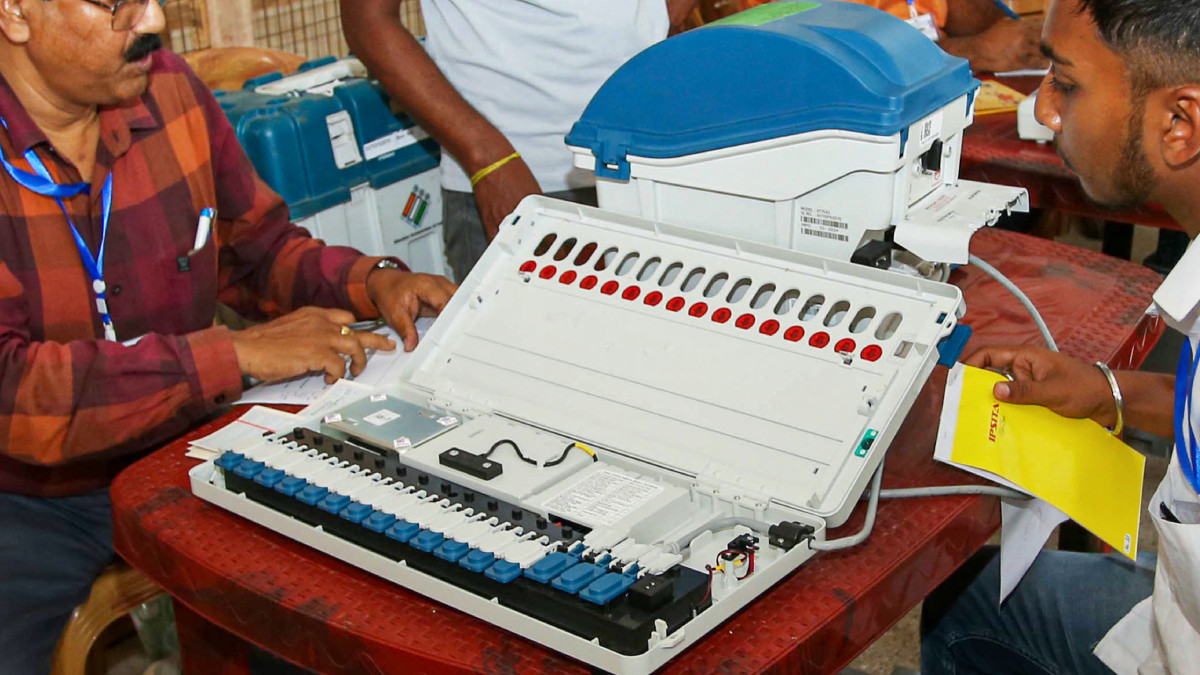'IIM, IIT bosses biased, using merit as ploy'
New Delhi, June 8: Accusing IIM and IIT bosses of having an upper caste bias, Janata Dal(United) president Sharad Yadav today said they were using merit simply as a ploy to keep the weaker sections out of these institutions.
''Those at the helm of affairs in the top professional institutions are mostly of upper castes and they want to camouflage their bias by making a hue and cry about merit being a casualty in reservation,'' the backward castes leader told UNI.
Mr Yadav said he failed to understand why these people did not lament the loss of merit in the present system of admission to private medical, engineering and management institutes through capitation fee.
He argued that the caste system of the country was itself the oldest form of reservation.
''We have been putting up with these reservations introduced centuries back, and now time has come to end it. So the special provisions that have been introduced for weaker sections after independence and were being sought to be extended further was in fact a process of scrapping the old system of reservation present in the caste system,'' he said.
Mr Yadav said the upper caste bias against backward classes was unmistakingly reflected in the media reporting of the agitations relating to the reservation for backward classes in the institutions of higher learning.
''The way they blacked out all demonstrations in favour of quota and focussed only on a handful of doctors protesting against reservation was unfortunate and has put several question marks on the credibility of the media,'' he said.
Mr Yadav said it was unfortunate that steps for undoing centuries of injustice to the weaker sections of the country should invite so much opposition from the upper castes.
He felt that if the society did not want reservation, the privileged members of it should come forward to end the caste system and give equal opportunities in education to weaker sections.
''But so long as the caste system is there, and equal educational opportunities are not there, reservation will be needed,'' he added.
Mr Yadav felt that those who were asking for keeping the creamy layers off the benefit of reservation, were in fact demanding something that was already there in the Mandal Commssion recommendation.
''It is just befooling the people of the country to talk of the creamy layer. It is misleading as it gives the impression that all backward classes people, irrespective of their status, were being given the benefit of reservation'' he added.
In fact, he said the Mandal should have come 58 years ago. Its recommendations implemented in 1990s were only relating to jobs, whereas, they should have been applicable to other spheres too.
He said it would be wrong to think that the reservation decision was that of the UPA government.
''There is a political consensus on the reservation policy and no political party is against it. So, it would be wrong to say that only the ruling party will take the credit for it,'' he said. Mr Yadav pointed out that after the August 2005 Supreme Court judgement in P A Inamdar&Others vs the State of Maharashtra which said the state cannot impose its reservation policy on minority and non-minority unaided private institutions, including professional ones, the matter was raised in the both the Houses of Parliament and the Human Resource Minister was urged to protect the interest of weaker section in the matter of admission to unaided educational institutions.
On August 23 in a meeting chaired by the Minister in Parliament, the leaders of various political parties, by consensus, resolved for the need to remedy the situation through, if necessasry, a constitutional amendment.
On August 27, conference of state higher and technical education ministers endorsed these views, and on November 20 last year, the Cabinet approved the draft bill of the Constitution amendment and on December 20, the Bill was introduced in the Lok Sabha and next day in the Rajya Sabha. On December 22, the Bill was passed by Parliament.
So, he said it would be wrong to say that it was a decision of the ruling party. It is in fact a commitment of Parliament, he added.
He said no controversy over reservation would have arisen had the OBC students given reservation in jobs and education in the very beginning of 1950s, and the reservation policy in respect of SC/ST students implemented honestly.
Mr Yadav said there was 22.5 per cent reservation for SC/ST students in IIMs, but hardly three per cent seats were being filled up.
If reservation was introduced, only 2000 of the total 7000 seats in IIMs and IITs would be affected, so much is not at stake but the media was projecting it as a matter of life and death for students, said Mr Yadav.
UNI
Related Stories
RSS
chief
Sudarshan
flays
caste-based
reservation


 Click it and Unblock the Notifications
Click it and Unblock the Notifications




